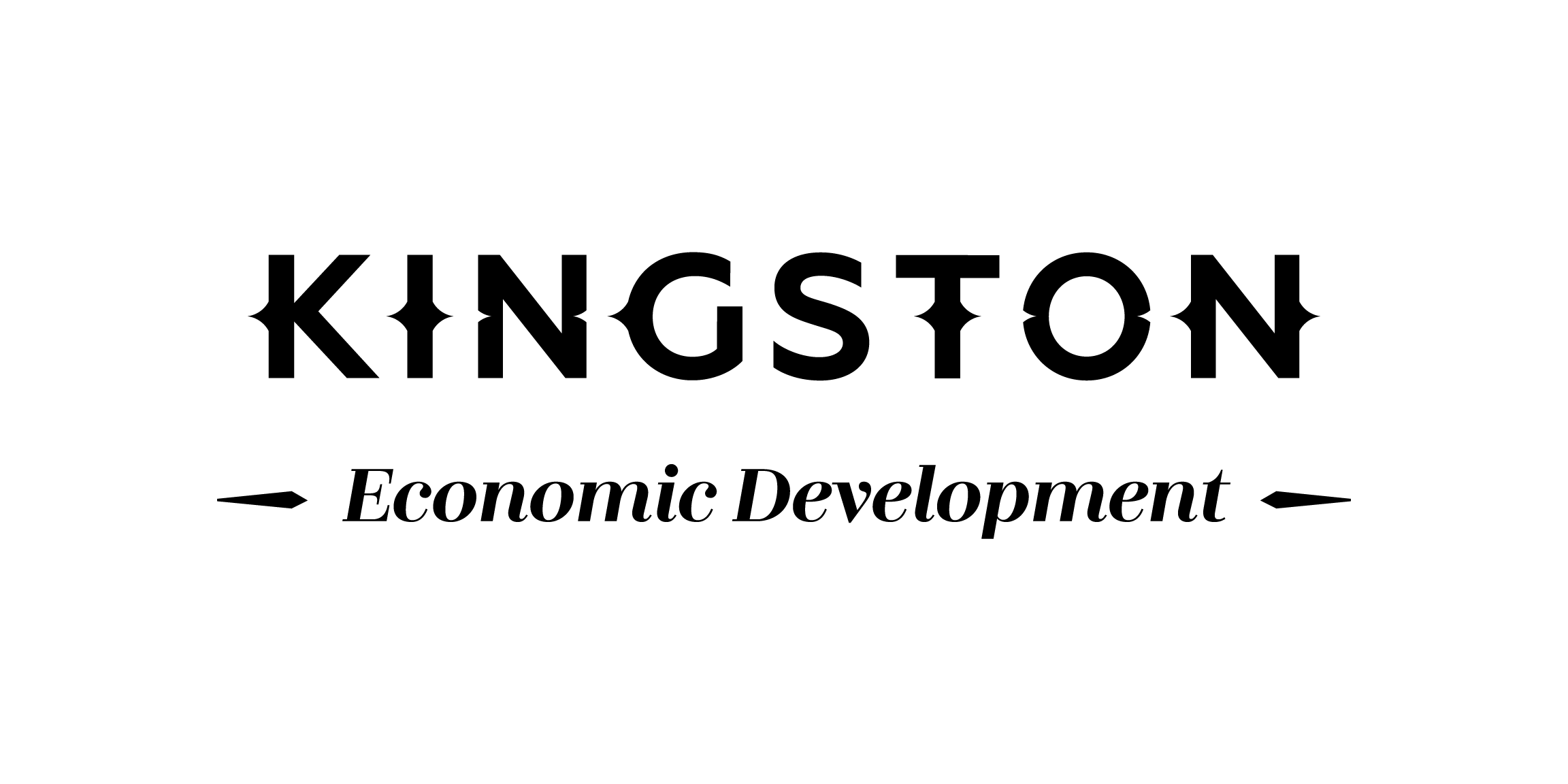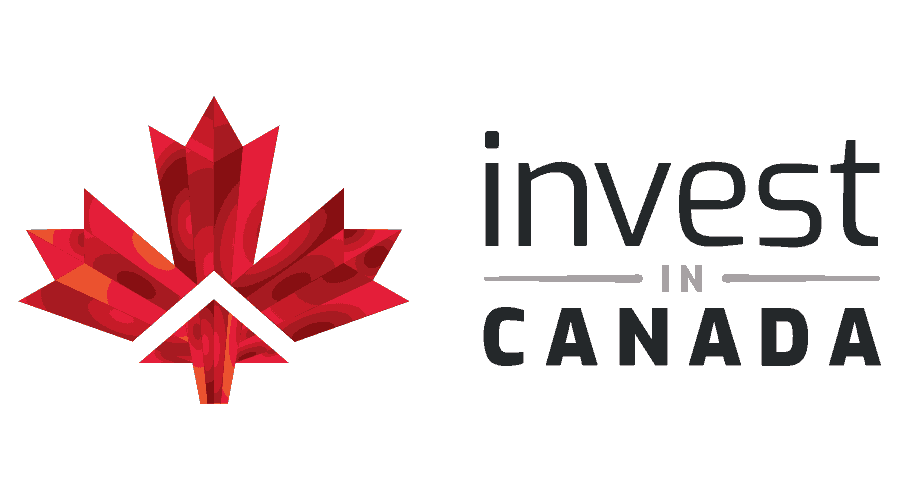
Dr. Tim Smith started his health science career researching medical devices as a graduate student at Queen’s University in the late 1980s. Somewhere along the line he chose a career in regenerative medicine — using natural biology to repair the body — over artificial implants.
Today, he and Octane Medical cofounder Ian Grant, have bet their future on the science of growing tissue to restore sick and damaged bodies.
“It’s a $20 billion industry this year,” Tim says. “And it’s growing to $100 billion by 2035.”
With a staff of 130, they oversee Octane’s five commercial medical divisions that include Octane Ortho (tissue-engineering for cartilage replacement), Octane Clinical Systems (radioisotope-based medical imaging), and Octane EXO (spinal implants for degenerative disc disease).
Their 40,000 square-foot facility next to Highway 401 is a completely repurposed industrial building whose interior has a sci-fi vibe thanks to its bio labs, network of clean rooms and next-generation manufacturing floor that annually produces hundreds of thousands of medical devices, biomaterials and instrumentation for international markets.
“We compare costs globally,” Tim says about their decision to keep their manufacturing in-house. “And we continue to be competitive in product cost here.”
An international company based primarily on Canadian science, Octane
continues to have strong ties to Queen’s and other universities through internships and placement programs, as well as sponsoring graduate research.
Both co-founders have decades-old ties to Kingston and continue to see their future there.
“It’s a wonderful place to live and work,” says Tim. “It’s a supportive community and the location (between Montreal, Toronto and the U.S) really works.”







